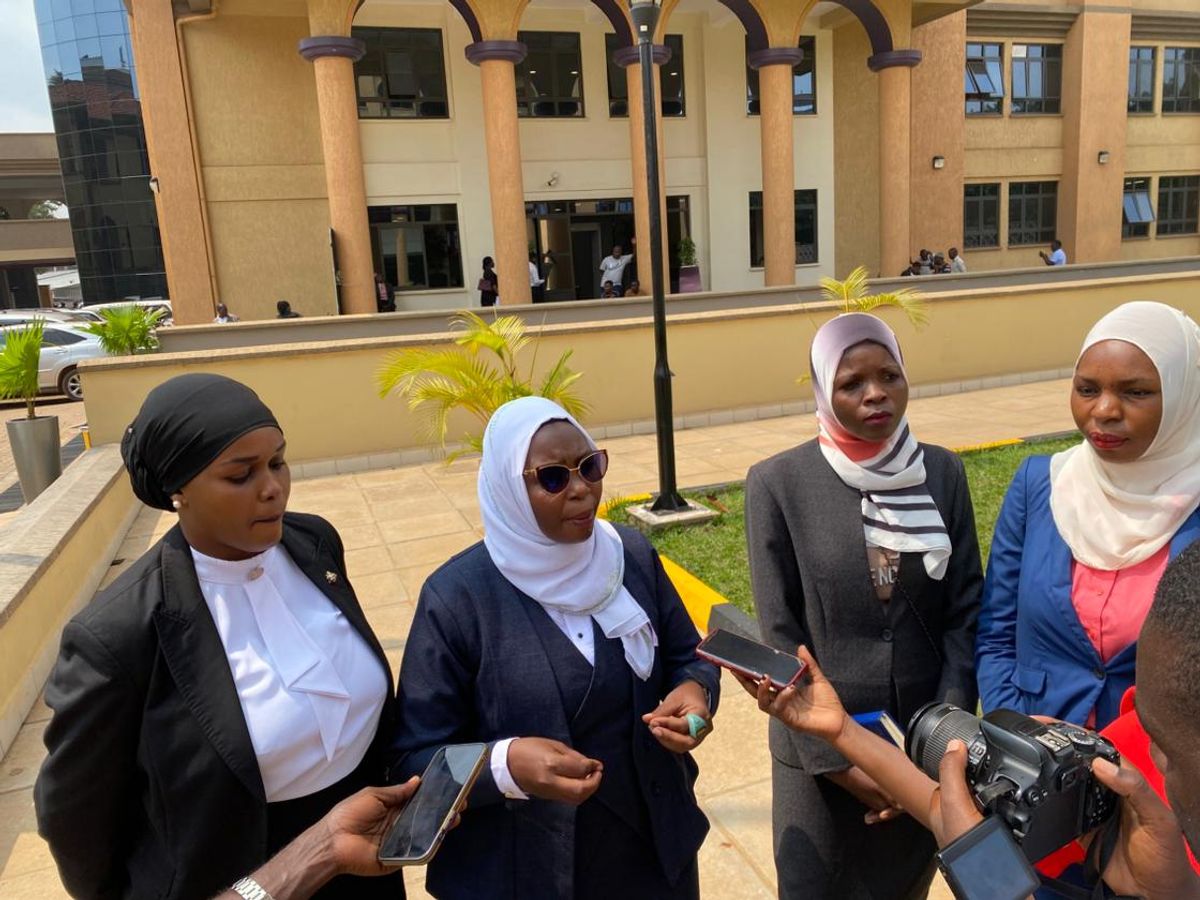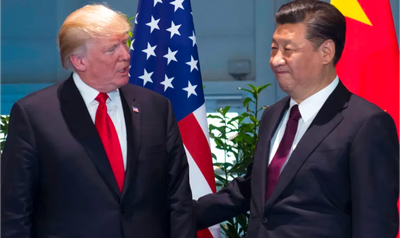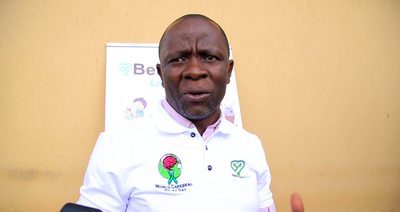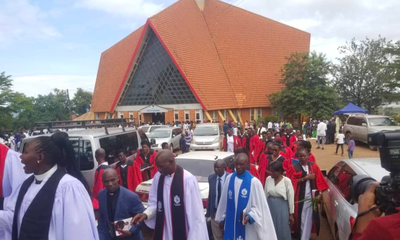
The Islamic Women’s Initiative for Justice, Law and Peace (IWILAP) has filed a constitutional petition against the Attorney General, challenging Uganda’s restrictive abortion laws and seeking broader exceptions that align with Islamic jurisprudence and constitutional guarantees. The petition, lodged by Muslim women and IWILAP, targets Sections 130, 131, and 207 of the Penal Code Act, which criminalise abortion with only limited exceptions. Petitioners argue that these provisions deny Muslim women the right to reproductive health decisions sanctioned in Islam, particularly in cases of rape, incest, and mental illness, and unjustly infringe on their freedom of religion and culture as protected under Articles 29(1)(c) and 37 of the Constitution.
In a passionate address, Haulah Nalubega, speaking on behalf of IWILAP, emphasised that the petition was not merely a religious matter but a pursuit of justice for Ugandan women at large. She clarified that while Islam generally prohibits abortion, it permits it under exceptional circumstances before 120 days of pregnancy—such as in cases of rape, incest, or when the mother’s physical or mental health is at risk. “Abortion, under Islamic jurisprudence, gives us a leeway. We want the Attorney General to enact laws that can help Muslim women and Ugandans at large. These exceptions are not far-fetched; countries like Rwanda, Tunisia, and Zimbabwe have already recognised them,” she said. Nalubega added that critics who dismiss the petition as un-Islamic overlook the principles of Sunnah, Hadith, and Fiqh that guide Islamic law on sanctity of life and ensoulment.
Her colleague, legal officer Kiriswa bint Yasomini, detailed the legal foundations of the petition. She noted that Sections 131 and 207 of the Penal Code criminalise abortion while providing only narrow and vague exceptions that fail to recognise the realities of rape, incest, and threats to a mother’s mental health. “If this petition succeeds, it will not only benefit Muslim women but all Ugandan women. Women are already resorting to unsafe and illegal abortions. If these exceptions are included in the law, they will be able to access safe and legal medical services,” she explained.
The petitioners argue that Uganda’s abortion laws are inconsistent with both constitutional provisions and international human rights obligations. They reference Uganda’s commitments under the Convention on the Elimination of All Forms of Discrimination Against Women (CEDAW), which in 2022 urged Uganda to broaden access to safe abortion in cases of rape and incest. They further stressed that the denial of abortion in such circumstances constitutes a health crisis, a violation of dignity, and a breach of Uganda’s obligations to protect women’s lives and freedoms.
IWILAP and its supporters seek declarations that the challenged Penal Code provisions unjustifiably restrict women’s rights, and call for amendments that would decriminalize abortion under specific exceptions, subject to the Islamic timeframe of 120 days before ensoulment. They further highlighted that neighbouring and Muslim-majority countries have adopted similar approaches, setting precedents that Uganda can follow.
As the case moves before the Constitutional Court, the petition underscores a growing demand for legal reform that balances religious, cultural, and human rights values in Uganda’s reproductive health framework. The outcome could mark a historic shift in the country’s abortion laws, expanding protection for women while grounding the reforms in both constitutional and Islamic principles.














Roswell Mbabazi
Leave a Comment
Your email address will not be published.